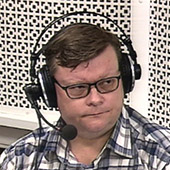Gasoline fell and did not wring
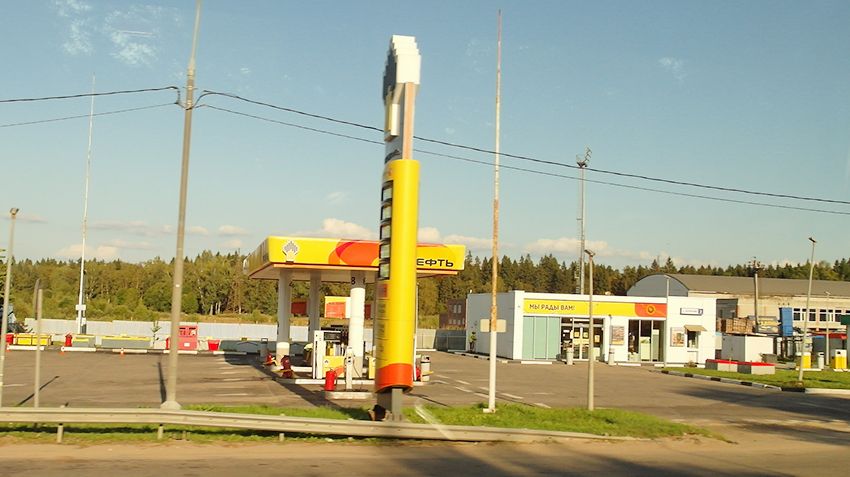
22 October 2019
The demand for gasoline in Russia fell sharply – a full percentage point!
The portal "news" reports that the demand for gasoline in Russia in 2019 decreased for four years to a record value is a percentage! Analysts believe that even such a technically small percentage – a very significant figure for the market since the last 10 years, more significant decline was only in 2015 by 1.9%. The reduction in demand associated not so much with the price of gasoline, which this year is growing to a minimum, but the SS next to other consumer spending, because the cost of owning a car also includes vehicle tax, Parking charges, traffic fines. Here in major cities of our country, many motorists are already becoming more likely to switch to other modes of transportation, such as public transport, taxi or car sharing. Moreover, in some regions are increasingly switching to gas as a motor fuel (this is more illusion than reality, and spoke today at a conference during the exhibition GasSuf-2019).
drop down
The research group "Petromarket" and the Agency "analysis of commodity markets" report that the demand for gasoline in 2019 again began to decline after a slight increase in the previous year. So IG "Petromarket" has calculated that from January to September, the total consumption of gasoline in the country fell by almost 1% compared to the same period last year. And at the end of July, the figure even reached 1.4%, but an unexpected rise in demand in August, several returned the situation to the average values.
"Petromarket" believes even 1 percent drop for gasoline market it is very serious. So over the last decade, a more prominent decline was observed only in 2015 by 1.9%. For example, in 2016 and 2017, demand was down 0.4% and 0.3% respectively, but in 2018, in contrast, rose 0.4%.
Analyst CC "Finam" Alexey Kalachev also believes that deviation from the average of the oscillations is an alarming sign. He says: "it is Necessary to consider that in 2015 there was a total collapse of the ruble, oil prices make sanctions against Russia. The decline in the relative calm of the situation looks more serious than in the time when all the markets fall."
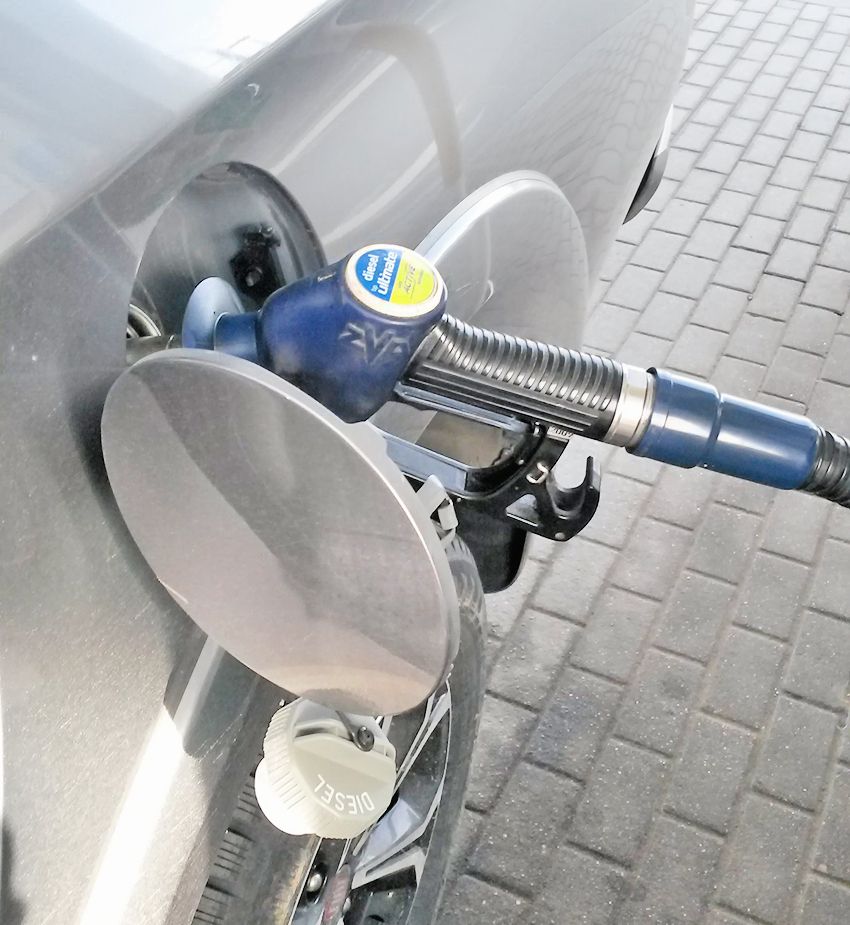
Independent Agency "Analytics of commodity markets" said that since the beginning of 2019, the consumption of gasoline in Russia fell by 1.1% compared to the same period of the previous year in the physical volume up from 23.74 million tons. Director General of the Agency Mikhail Turukalov believes that this estimate may be somewhat understated due to some error balance method, which is used to calculate the relevant dimensions. He said: "Prices in the Russian market in 2019 behave very atypical in comparison with previous years, and this behavior indicates a serious drop in gasoline consumption in the country."
Energy, by contrast, has stated that it is not experiencing a significant reduction in shipments of gasoline to the domestic market this year: "According to CDU TEK, in January–September 2019 total shipments of motor gasoline from refineries to Russian consumers declined by just 0.4% to 26.2 million tons."
The energy Ministry believes that the situation with fuel supply in the internal market is now stable motor gasoline inventories were 1.7 million tons, which is 12,6% more than the same period in 2018 due to the growth of its production in low demand. On it the General Director of the IG "Petromarket" Ivan Khomutov noticed that the data CDU TEK on the supply of gasoline from refineries to the domestic market do not coincide with the dynamics of demand. He said: "firstly, partial deliveries are replenishment tank farms. Second, gasoline demand in Russia is met not only by a factory product, but also surrogates. For the first nine months of 2019, compared to the same period in 2018, the consumption of these substitutes has declined sharply (it was noted earlier that about 9% of the turnover of liquid automotive fuels in the country are counterfeit and that the ersatz fuel sells every 12th station of the country – ed.).
The sale of gasoline on the stock exchange, where it has about 20-25% of all automotive fuel, for the first 9 months of this year decreased by 0.7%. These data led to the website of Saint-Petersburg commodity exchange. But according to Rosstat, the implementation of gasoline in the domestic market for 7 months of this year rose 2.9%.
Expert Mikhail Turukalov on this matter is perplexed: "I don't know where Rosstat got the following data. No single factor indicates the growth of demand for gasoline in Russia. Everything we see in the market, says about his fall."
reasons for the fall in gasoline demand
In the IG "Petromarket" weak demand for fuel is considered a consequence primarily of the reduction of consumer activity of Russians. Thus, according to Rosstat, real disposable monetary incomes of the population in the first half of the year showed a decrease of 1.2% from the same period last year. However, in the third-quarter revenue rose sharply and for the first 9 months still left plus 0.2% over the same period of 2018.
Expert Ivan Khomutov said: "the Decline in consumer activity has a negative impact on the intensity of use of cars, and their numbers". In addition, the expert believes that another reason for the decline in gasoline consumption was a gradual shift of car owners for cheaper gas. For example, in 2018, the consumption of motor fuel by motor transport increased by 9%, and for the first eight months of this year increased by 5% (and yet we are talking more about corporate parks, not the owners – ed.).
The head of the analytical centre of Independent fuel Union Grigory Bazhenov otmechaet that the decline in demand for gasoline in the first place indicates the consumer behavior of ordinary motorists, because large shippers generally use diesel, said. The market of new passenger cars in Russia in nine months of 2019, according to the "AUTOSTAT info" declined by 2.3% (1 million 112,5 thousand), LCV – by 4.7% (to 72.2 thousand), MCV and HCV 4.1% (up to 53.7 thousand) and buses increased by 6.8% (to 10.5 million).
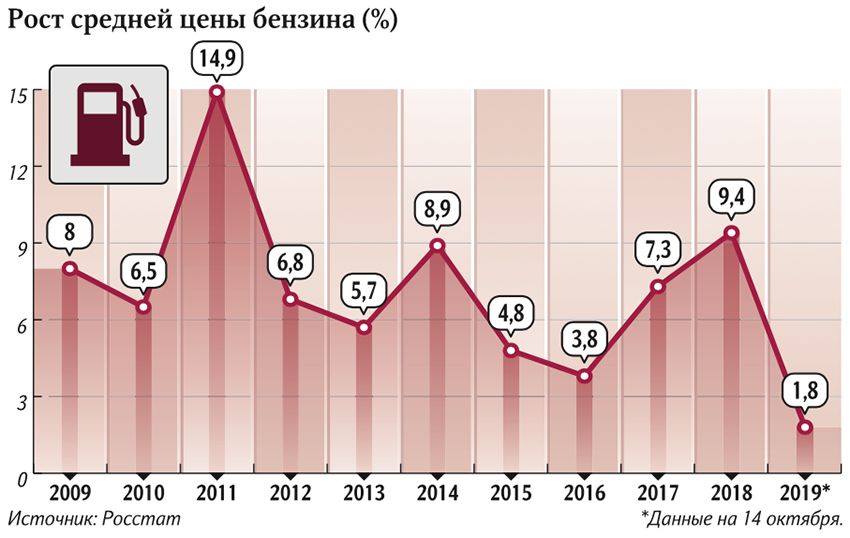
According to Rosstat, since the beginning of this year, petrol has risen by 1.8%. By the end of 2018 its price increased by 9.4%
Expert Alexei Kalachev believes that the reduction of demand this year still will not lead to a decline in retail gasoline prices since the last time their regulation was mainly taken over from the market in the hands of the state. Besides, since the beginning of this year, the cost of fuel is growing relatively slowly, not exceeding the rate of inflation, so the reasons to play prices ago the owners of gas stations are not available.
He stressed: "we should Not forget that we are constantly increasing the excise tax on fuel, and from 1 January they will grow again by almost 4%. And excise up to 20% in the retail price of gasoline. So with the new year we can expect a rise in price of fuel". Also, in his opinion, the consumption of gasoline declines on falling demand for other consumer goods, so if falls average check in the store and volume of purchases as a whole, and intercity transportation of goods is also proportionally reduced (here it is possible to argue – in spite of a large percentage of the Park "Gazelle", "Sable" and UAZ "loaf", their share in the conveying of consumer goods is not so great, moreover, a significant percentage were gasified in the 2000s – ed.).
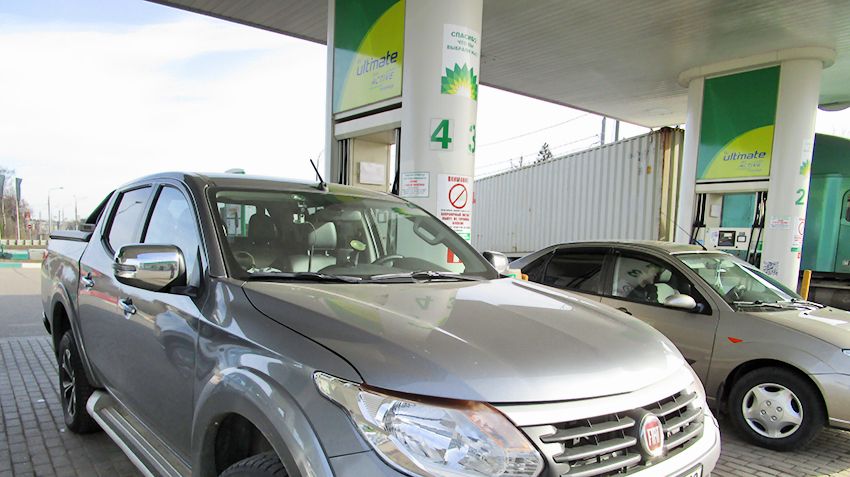
PS Traditionally, the rate of new sales (and indirectly with mileage) cars have always served as indicators, and consumer and industrial demand and the state of the economy, but gasoline sales was more than an indicator, and a certain constant in connection with the continuous growth of the Park both passenger cars and commercial vehicles. So that a fall of demand for gasoline suggests that prices are already beyond the limit of consumer demand, primarily low-paid groups. Interesting also is the reference gas fuel, as a factor reducing demand for gasoline passenger cars in our country drive only on LPG i.e. liquefied petroleum (associated) gas, which in many areas of the country and expensive and generally scarce (for him to compete, for example, urban domestic gas supply systems), but on compressed methane is operated almost exclusively commercial vehicles, mostly, MCV, buses, LCVs, and that this segment is actually still in its infancy..
|
|
|
Element was not found.


